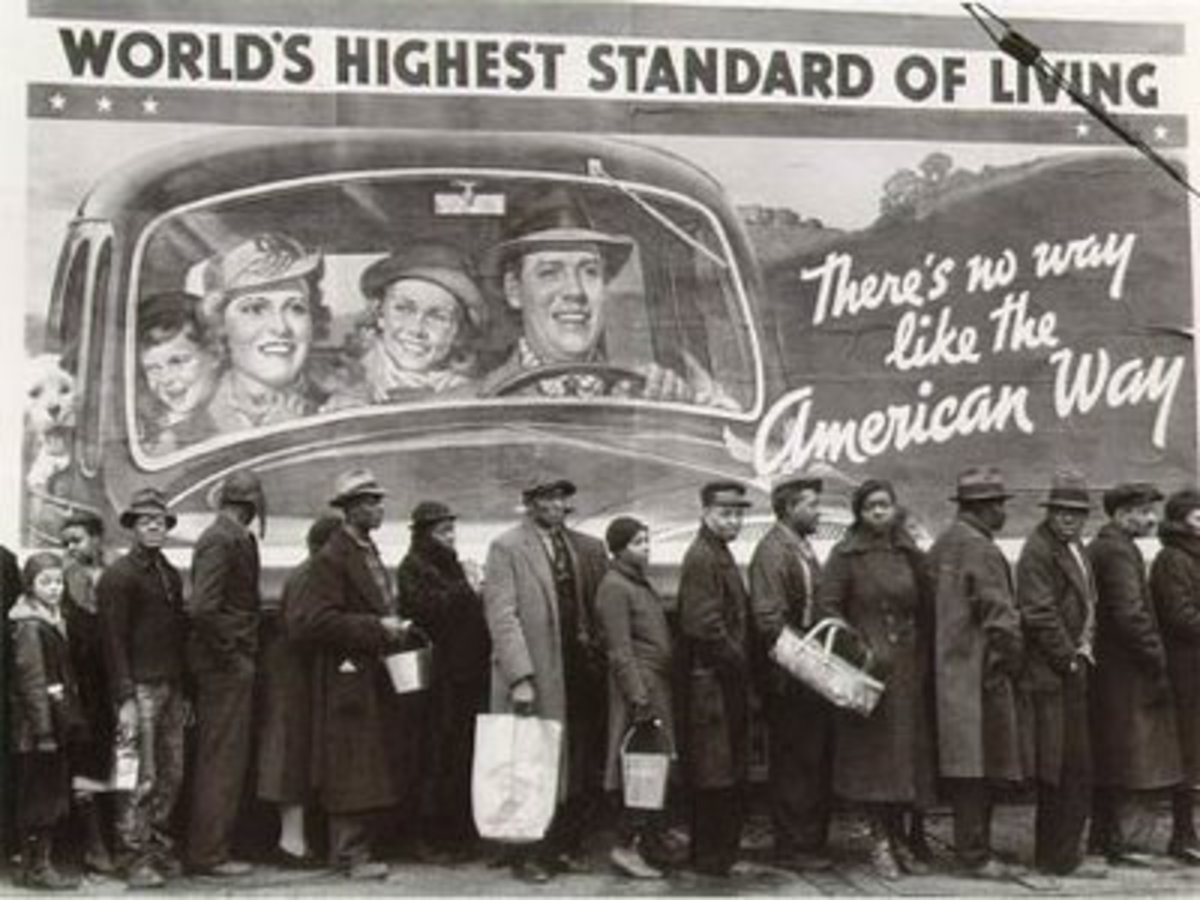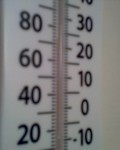Four Score And Seven Years Ago (1929 and 2016)
Spacing
Keeping us going,
it's not a simple task now.
We learn from the past.
Looking back and ahead:
President Abraham Lincoln in1863 referred to America's birth in 1776 with the phrase "Four score and seven years ago..." President-elect Donald J. Trump in 2016 could similarly refer to The Great Depression of 1929 using Lincoln's phrase of "Four score and seven years ago".
George Washington in 1776 was getting America started, Lincoln's and Trump's tasks? Keep us going.
Christmas gifts and New Year's resolutions suggest we count our blessings and pray.

Four Score And Seven Years Ago
Four score and seven years ago it was 1929 and things were looking rosy at the start of the year, and for the next nine to ten months.
We had helped win “the war to end all wars” and things had “looked” rosy until the first week in September when stock prices in the USA began to seem overpriced and unstable.
On October 29, 1929 called “Black Tuesday,” the instability turned into a massive fall in stock prices. “The Great Depression” that started in America spread around the world.
Life still went on, but America’s unemployment grew until it eventually reached 25 percent, and in other countries it was even higher by as much as a third.
What else made the news in 1929?
A Nobel Prize was awarded for the discovery of vitamins! The game of bingo was created. America’s first nudist organization was formalized in New York City. A Dallas insurance company began offering something new: a group hospital insurance coverage, and a later leader of Indonesia, Sukarno, was arrested by Dutch authorities there.
Cole Porter, Einstein, and Edison were celebrities, and hard times sent many Americans “back to the farm” to live out the depression where they could better feed themselves and their families.
Those with liquid assets in 1929 thrived. Those living day-to-day and paycheck-to-paycheck suffered greatly when so many jobs and paychecks disappeared.
American exports slumped almost in half, and business profits slumped. During the depression, government revenues slumped as well at the very time the demands on local, state, and federal resources increased.
The national debt at the onset of the depression (even after national expenditures in World War I) was only $16.9 billion.
By the end of the depression in 1935, it was $29 billion, and topped out at the end of World War II nearing $258 billion.
Not until the end of Kennedy’s presidency did it reach $306 billion.
Now it is not billions, but it has grown to nearly $20 trillion and is still growing.
Let's take a look at the USA's National Debt about two weeks before Christmas 2016. It was $19.935 Trillion. Let's take a look at what each average American citizen, man. woman, and child owed personally: $55,205. And, just for hilarity (?), let's look at what the USA owed in interest on the National Debt in each minute of that early December: $48,000. There being 24 hours in a day and 60 minutes in each hour, that worked out to be $69,120,000 each day. The personal, average debt for every American citizen did not include each citizen's share of the National Debt! That amount per citizen was $61,325, making each average citizen's total debt $116,530. And that indebtedness was growing as 2016 holiday spending on credit cards and existing interest continued to raise that total. For those aware of these figures, it didn't seem much like "Happy Holidays," or a truly merry Christmas!
There are lessons to be learned from “good times” that can suddenly turn into “hard times,” and it could just be that only America’s “oldest of the old” and their peers around the world can still recall what they and their parents learned.
Today most average American workers live day-to-day and paycheck-to-paycheck.
Those few who have sufficient, durable, liquid assets (barring a nuclear war) would do very well in a massive, second depression.
But most Americans would find it difficult, if not impossible, to go “back to the farm” and live out a 1929-style depression.
The relatively tame 2008 economic recession was still severe enough that it wiped out many middle class Americans’ retirement savings and liquid assets.
Great hopes were held by the many Americans who voted for Republican governors, congressional representatives, senators, and President-elect Trump in Election 2016, while American skeptics continued to predict doom and gloom.
Seeking to “Make America Great Again” while working from a base of the massive National Debt that had grown from $10 trillion to nearly $20 trillion in just the previous eight years, seemed to require nothing short of magic, or significant national sacrifice, if the slogan was to be achieved.
Meanwhile there was a very good chance that the fiscal seeds that had been sown would yield a harvest of hardship - - - regardless of which 2016 candidates were the declared winners those four score and seven years after the previous Great Depression.
____________
© 2016 Demas W. Jasper All rights reserved.
Let's all smell the roses, even if not everything turns out the way we might wish. God's creations will endure, may mankind be one of them.









